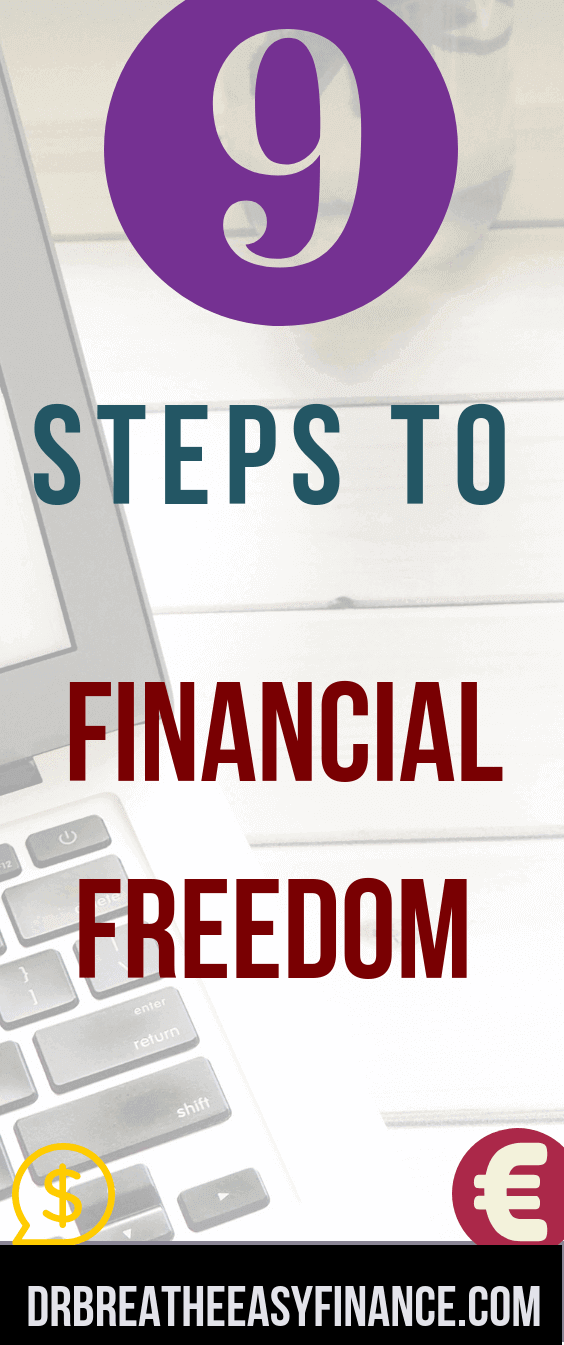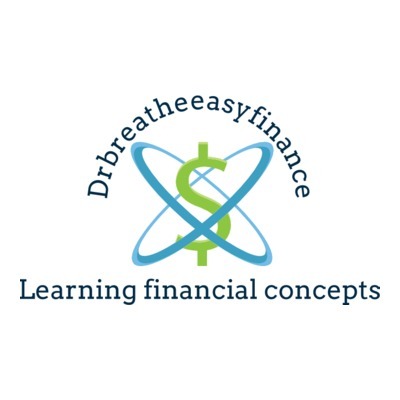Whether you’re new to managing your money or are trying to get back on track, finding financial freedom can be a struggle. Between trying to pay your bills on time, eat healthy, trying to rationalize whether or not you can treat yourself periodically, determining what is considered reckless spending and simply trying to be happy is an entire facet to finding financial freedom that everyone can relate to.
Today, we have Emma Cook, she would take us through how to achieve financial freedom.
The term “financial freedom” is ambiguous in itself. So where do you start? Here are a few key tips on how to achieve your own version of financial freedom.

Table of Contents
1. Understand Your Past Financial Struggles
Even if you are fresh out of college and brand new to handling your finances, you have experienced some sort of financial struggle.
This could mean you had to overcome not being able to afford a car and getting creative in how you got to internships or interviews for your first job.
This could mean you didn’t have the money to go out with your college friends. No matter the financial struggle, it has existed.
For the rest of us who have been well immersed in trying to navigate finances, consider what your past financial struggles have been, and be completely honest with yourself.
Have you been forced to learn about budgeting on your own and are now experiencing a cause and effect paradigm? Or have you been sheltered by your parents your entire life and don’t have a realistic understanding of the concept of money, let alone how expensive living is?
Maybe you are seasoned with handling finances, but you still struggle on occasion to make ends meet.
Try creating a cause and effect diagram of your entire financial history. This will help you find where your struggles were created and how to learn for future planning.
2. Create Five and Ten Year Goals
Create goals specific to five and ten-year increments. If you consider the past five years of your life, what major milestones have you accomplished?
Graduating from college and getting a job? Being fully financially independent? Getting married and having your first, and maybe even your second child? A lot can happen in five years.
Creating a financial timeline that gives you the buffer of major life changes and realistic goals makes a five-year goal the perfect timeline. Ten years? That gives you time to create grander financial goals, such as paying off a large debt, creating a healthy retirement account, or accumulating a large sum of money.
3. Find a Quality Financial Planner If You Cannot DIY
Regardless of your age, if you are trying to find financial freedom, then you need to plan your finances.
First, you should start by educating yourself. However, sometimes, no matter how much research you do, having a professional look at your finances for you with a birds-eye view might be essential.
A financial planner can also help educate you in planning for your future. Be sure to find a financial planner you trust and is a fiduciary.
We are a avid supporter of DIY when it comes to investing, however, some people can find value in a fee only financial planner.
When I first started, I sat with my job free financial advisor who we rubbed ideas off each other.
4. Stay Transparent With Yourself and Your Partner
Whether you are married, living with your partner, or even still reach out to your parents, be financially transparent with your support system.
This will not only allow you to have a level of accountability with yourself, but your team will also be able to provide guidance and support if needed. We have an excellent post on marriage and finance.
5. Deconstruct Your Financial Terms
If one of your goals is to create a retirement account, start investing, or have a savings account, be sure to deconstruct each account to keep track of where your money is and how you are managing all your money.
There are several pieces of software to help with this, but even taking pen to paper to map everything out could suffice.
6. Use the 50-30-20 Rule
Practicing the 50-30-20 budgeting rule is a tried and true financial strategy that many have adopted.
Here are the basics of this rule. For each paycheck you receive, 50% should be spending money on expenditures (bills, food, gas, fun money), 30% of your paycheck should go towards savings, and the final 20% should go towards investments.
Once you achieve a healthy amount of savings and investment, the recommended savings being two to three months worth of income saved, you can adjust this rule to splitting your income 50-50 for spending and investments, or even 60-40.
This is a fairly strict budget and it will take some time to accomplish. This strategy is a great five or ten-year goal to strive for.
You need to also try out the envelope cash budgeting method.
7. Explore Investing
Investing is a powerful way to keep yourself secure for the future, especially when it is time to retire. Maybe you want to create an income property.
Maybe you already have a home and you want to invest in a home warranty plan to save money in the future on home maintenance.
Explore any type of safe and secure investment options available that will allow you to create an additional source of income for the future.
8. Don’t Keep Yourself in the Dark
If you don’t know what you’re doing or have any questions, ask! Read up! find a resource for any financial questions you may have, or simply go to your bank and ask someone.
Don’t allow yourself to be in the dark when it comes to your money. It could negatively affect your future.
9. What Does Financial Freedom Mean to You?
Having financial freedom doesn’t necessarily mean you’re rich or that you have no debt. It is quite the contrary.
It simply means that you are no longer burdened by your financial status. Determine what financial freedom means to you, and what will help you not be burdened by your finances.
That could very well mean you have no debt, it could mean you created passive income through your investments, it could mean you have more than a year’s worth of savings in your account, or it could simply mean you found a financial planner that will keep you on track. No matter your definition set it and stick to it.
Author’s Bio
My name’s Emma R. Cook! I’m a recent graduate and freelance writer taking some time to explore my passions and expand my writing portfolio. Whether it’s home life, mental health, or seeking financial freedom, my goal is to empower others to live their fullest life—and my strategy is writing.
I am a pulmonary and critical care doctor by day and personal finance blogger/debt slaying ninja by night.
After paying off close to $300,000 in student loan debt in less than 6 months into my real job, I started on a mission to help others achieve the same. There is no magic to this than to strap up and get it done. Some of the ways we achieved this include side hustle, budgeting, great negotiation skills, and geographical arbitrage.
When I was growing up, common knowledge in Nigeria is that there is one thing you cannot trust anyone else with, and you guessed it – your money.
Being frugal came easily to me based on my background. However, the concept of building wealth did not solidify in my mind until when I finished medical school. I wish I knew what I know now when I was 14. Still, I don’t know enough and I am constantly learning to improve my knowledge.
My goal is to reduce financial illiteracy among young professionals. I am catering to the beginners – babies and toddlers in financial literacy.








xrayvsn says
Financial freedom is just that, giving you freedom to enjoy a life without financial worries. This allows you to design your life to what makes you happiest, which is the ultimate goal for all of us.